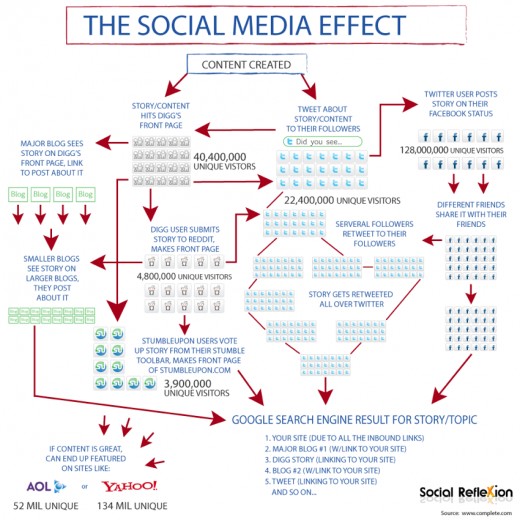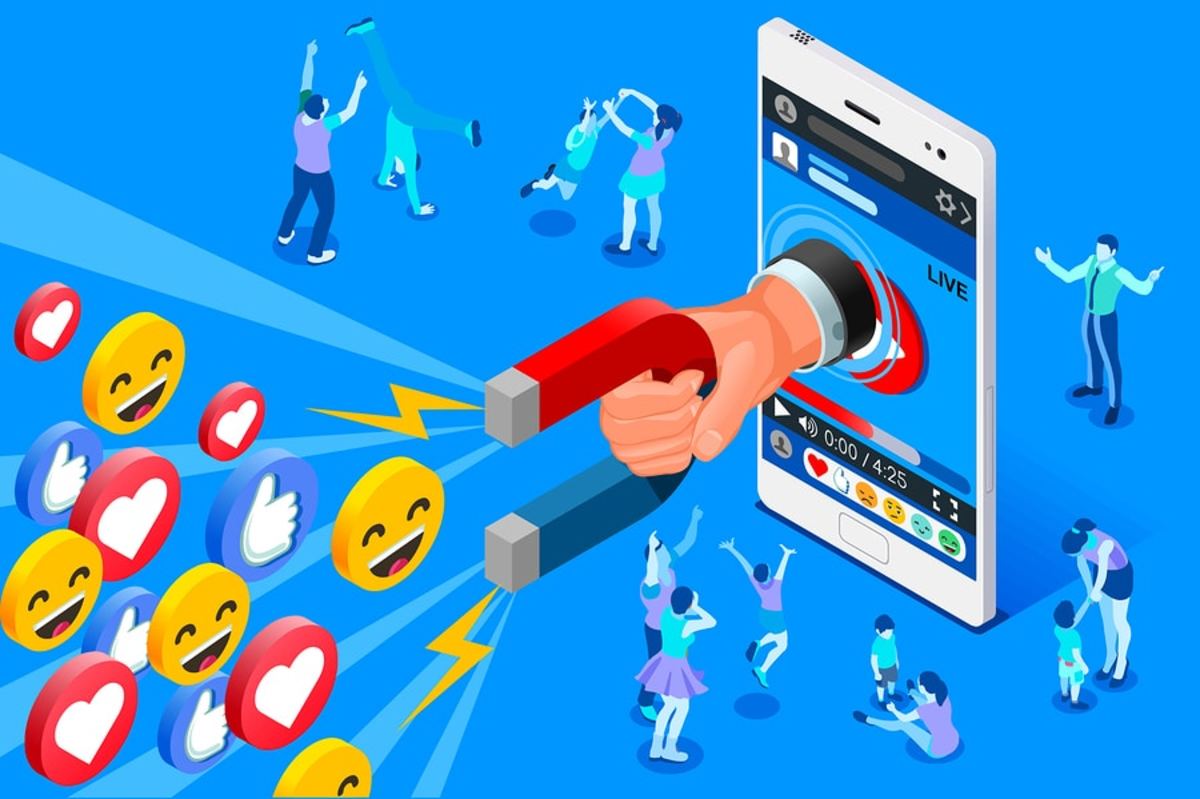The Parental Guide to The Dangers of Oversharenting
Introduction to Privacy
Hi there. Let me introduce myself to you. We met a long time ago, but that was before Facebook. I’m privacy. I used to be much more popular than I am now but it seems I’ve been unfriended. I’ve been around quite awhile. If you don’t mind, I’d like to spend some time telling you a little about myself and what I’ve learned over the years. My name, according to Oxford Dictionary literally means “the state or condition of being free from being observed or disturbed by other people” another way of thinking of the meaning of my name is “the state of being free from public attention”. You see, I wanted to take some time out to talk to you. I understand you’re a parent. While I don’t have any kids myself, I do know that being a parent in today’s world is quite a challenge. That leads me to my point. The more I look around, the more I’m convinced that my name, Privacy, has completely fallen out of favor. You may be wondering why I say this. The answer boils down to two words: Social Media.

Dangers of Oversharenting
Now before I go on any further, let me state from the outset that I’m not against technology. Technology itself is neither good nor evil. It is simply a tool. When used properly, it can be quite beneficial. When used improperly, it can aid in causing great harm. As a parent, I know you want to make sure you do everything you can to make sure your child truly understands the pros and cons of social media. Furthermore, I’m sure that you as a parent want to lead by example. This is especially important because we know that children often do what they see their parents do whether the parents like it or not. That brings me to my main point. I’ve seen to many examples of parents using social media in potentially dangerous ways. I am convinced that with more knowledge, more parents will begin to use social media more responsibly. To understand the scope of the problem, let’s take a look at the social media landscape. Consider the following:
-
There are over 900 social media outlets currently in existence
-
71% of teens use more than one social network site
Here are just a few examples from Gaggle.net. Keep in mind that this list is in no way exhaustive.
Foursquare
Goal-based location sharing. Kids can share their exact location to a public audience at any time.
Google+
A leading social network that’s known to be used as a tool for bullies. A Google+ Hangout is an easy way for anyone to conduct private video chatting.
Google Drive (Docs)
Students can connect with outside users and communicate by sharing a document even when email is limited to in-district communications or turned off. Our Gaggle Safety Management Student Safety Representatives have seen instances of sexting, including inappropriate images, shared via Google Docs. We’ve also seen bullying, threats of physical violence and drug references shared with other users.
Instagram
Users can post photos and have their followers comment. Recently Instagram has been in the news regarding its growing popularity for trading or selling drugs online.
Keek
Facebook, but with videos. Users post and share short videos. We’ve seen some inappropriate content via email notifications. As you can see, your children are exposed to a social media landscape that has some very dark corners. Here is what may the most unbelievable part. There are well meaning parents who make the situation worse by “sharenting”. According to Wikipedia, Sharenting is (or oversharenting) is “a term used to describe the overuse of social media by parents to share content based on their children. It is related to the concept of "too much information". It has been stated that The Wall Street Journal created the term, where they called it "oversharenting", a combination of "over-sharing" and "parenting". Sharenting can lead to the wrong people knowing about your children. For example, from todaysparent.com, Emma Waverman writes “Digital kidnapping” is an extreme example of sharing photos gone wrong. Strangers nab photographs of kids online and repost them on their own websites or profiles as if they were their own images. Photos of kids undergoing cancer treatment have been stolen by others to set up fake fundraising websites. There’s even a Facebook group that makes fun of “ugly babies.”
Precautions Parents can Take
It is obvious that social media is increasing in popularity and therefore we must learn to take steps that increase safety. Here are recommendations parents can take:
According to abc7chicago.com:
Be sure to have all of your children’s passwords to all of their social media accounts. –Install monitoring software on your children's various devices. –
In the event of cyberbullying, block the user and/or change your privacy settings to prevent future contact from the individual. If you believe the sender's behavior is unlawful, contact your local law enforcement.
According to February 3 2015 article ‘Sharenting’ Trend Among Parents Has Some Questioning Negative Effects on Children on ijreview.com,
Karen Pendleton writes “C.S. Mott Children’s Hospital notes another concern for parents who share online: “digital kidnapping.” This is when strangers “steal” images of children and share them online as their own.
Final Thoughts
This brings our little talk back to me again. In the pre social media days, proud parents everywhere shared pictures of their little ones. At the time, for the most part, it wasn’t such a bad idea. In the digital age, sharing pictures and information can be dangerous. Share with caution. Keep in mind the potential damage it could cause your children both mentally and physically. For a few final thoughts, remember not to be overwhelmed by the sheer number of social media outlets. Ignorance is not bliss when it comes to social media and how your child is using it. Taking necessary precautions as we suggest may make a world of difference in not only protecting your children from harm, but also fostering a positive online experience when social media is used correctly. Here’s hoping you’ll take our little talk to heart.
Sincerely,
Privacy









